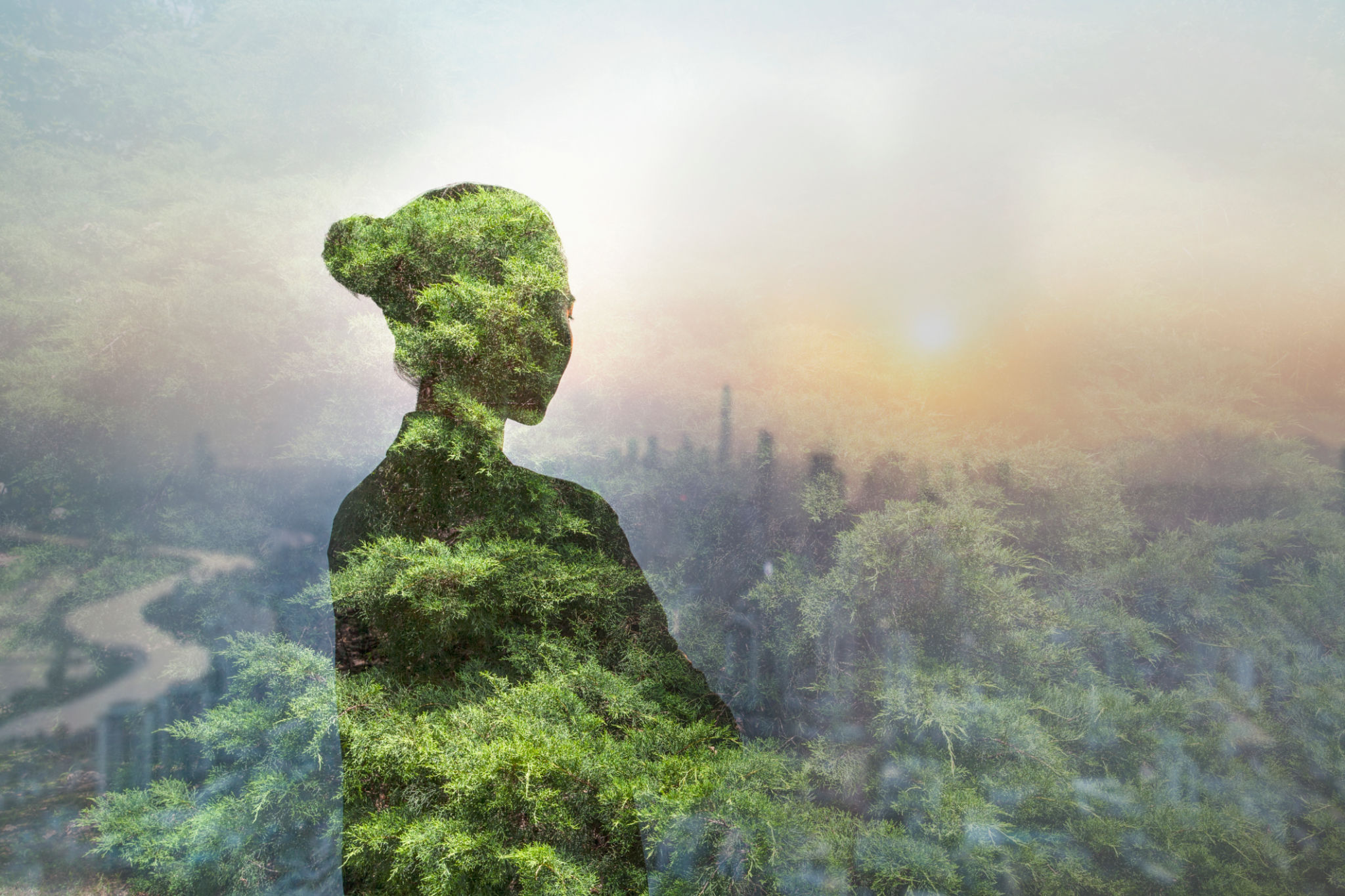Preserving Indigenous Knowledge: How Cultural Organizations in Micronesia Are Making a Difference
Understanding Indigenous Knowledge
Indigenous knowledge encompasses the wisdom, traditions, and cultural practices that are passed down through generations. In Micronesia, this knowledge is deeply intertwined with the region's unique identity and history. However, as globalization and modernization continue to influence these islands, preserving this invaluable knowledge becomes increasingly important.
For many communities in Micronesia, indigenous knowledge is not just a cultural artifact; it is a living practice that guides daily life, environmental stewardship, and social relationships. Recognizing its significance, several cultural organizations are stepping up to ensure that this knowledge is not lost but celebrated and shared.

The Role of Cultural Organizations
Cultural organizations in Micronesia play a pivotal role in safeguarding indigenous knowledge. These groups are dedicated to documenting traditional practices, languages, and histories, providing a bridge between the past and the present. Their efforts are crucial in an era where traditional ways of life face numerous challenges.
One of the primary strategies these organizations employ is the creation of educational programs that engage both young and older generations. By fostering intergenerational learning, they ensure that indigenous knowledge continues to thrive and adapt in modern contexts. This approach not only preserves cultural heritage but also strengthens community bonds.

Key Initiatives and Projects
Several initiatives have been launched to preserve and promote indigenous knowledge in Micronesia. These projects often focus on a variety of areas, including:
- Language Revitalization: Efforts to document and teach indigenous languages are vital, as language is a core component of cultural identity.
- Traditional Craftsmanship: Workshops and exhibitions that showcase traditional arts and crafts help keep these skills alive.
- Environmental Practices: Projects that emphasize indigenous ecological knowledge promote sustainable living and conservation.
These initiatives not only highlight the richness of Micronesian culture but also offer practical solutions for contemporary issues.

Challenges Faced
Despite their successes, cultural organizations in Micronesia face several challenges in preserving indigenous knowledge. Limited funding and resources can hinder the scope and reach of their projects. Furthermore, younger generations may feel disconnected from traditional practices due to the allure of modern technology and lifestyles.
To address these challenges, organizations often seek partnerships with international bodies and educational institutions. These collaborations bring in much-needed support and expertise, allowing local groups to expand their efforts and reach wider audiences.
The Impact of Preservation Efforts
The impact of these preservation efforts is profound. By valuing indigenous knowledge, Micronesian communities can maintain their unique identities while navigating the demands of the modern world. Cultural pride is bolstered, contributing to a sense of belonging and continuity among community members.
Moreover, the recognition and promotion of indigenous practices offer insights into sustainable living practices that are increasingly relevant in today's global discourse on environmental conservation. By looking to the past, Micronesia offers valuable lessons for building a sustainable future.

A Path Forward
The future of indigenous knowledge in Micronesia lies in continued collaboration and innovation. As more people recognize the value of traditional wisdom, support for cultural organizations is likely to grow. This support will enable these groups to develop new strategies for engaging younger generations and integrating traditional practices into contemporary frameworks.
Ultimately, preserving indigenous knowledge is not just about looking back; it's about moving forward with a deeper understanding of who we are and where we come from. By celebrating and protecting this heritage, Micronesia can continue to thrive as a vibrant mosaic of cultures and traditions.